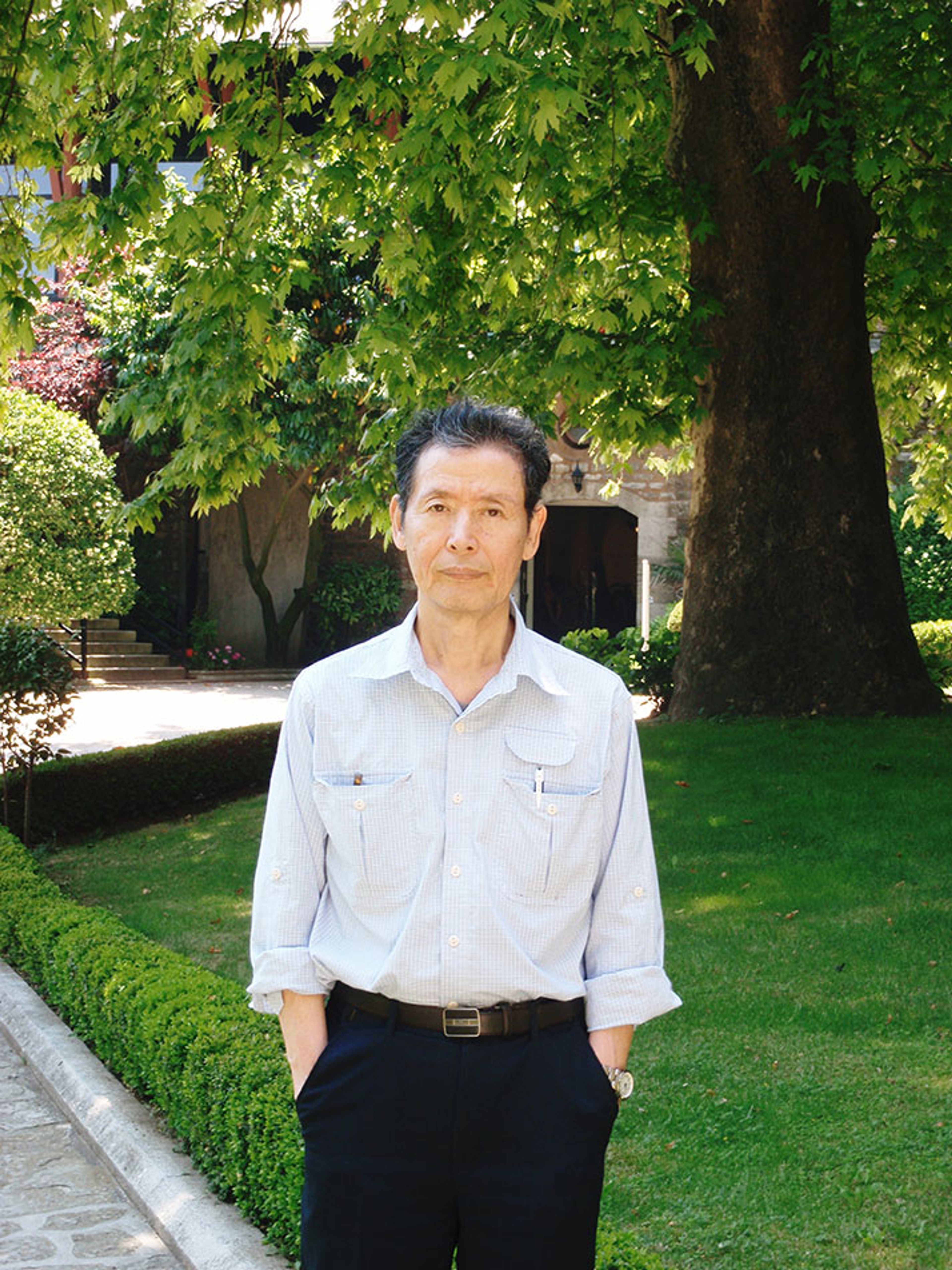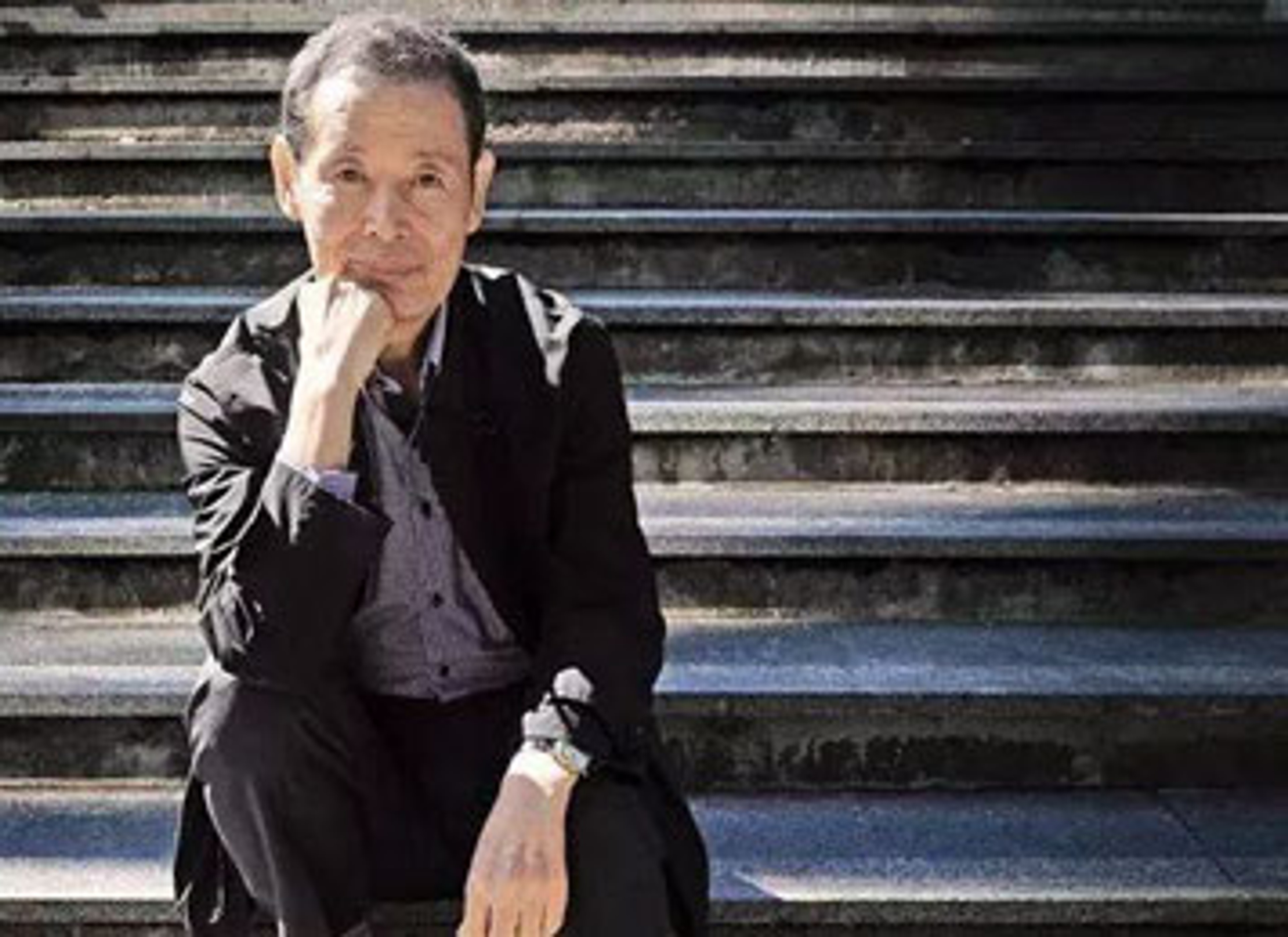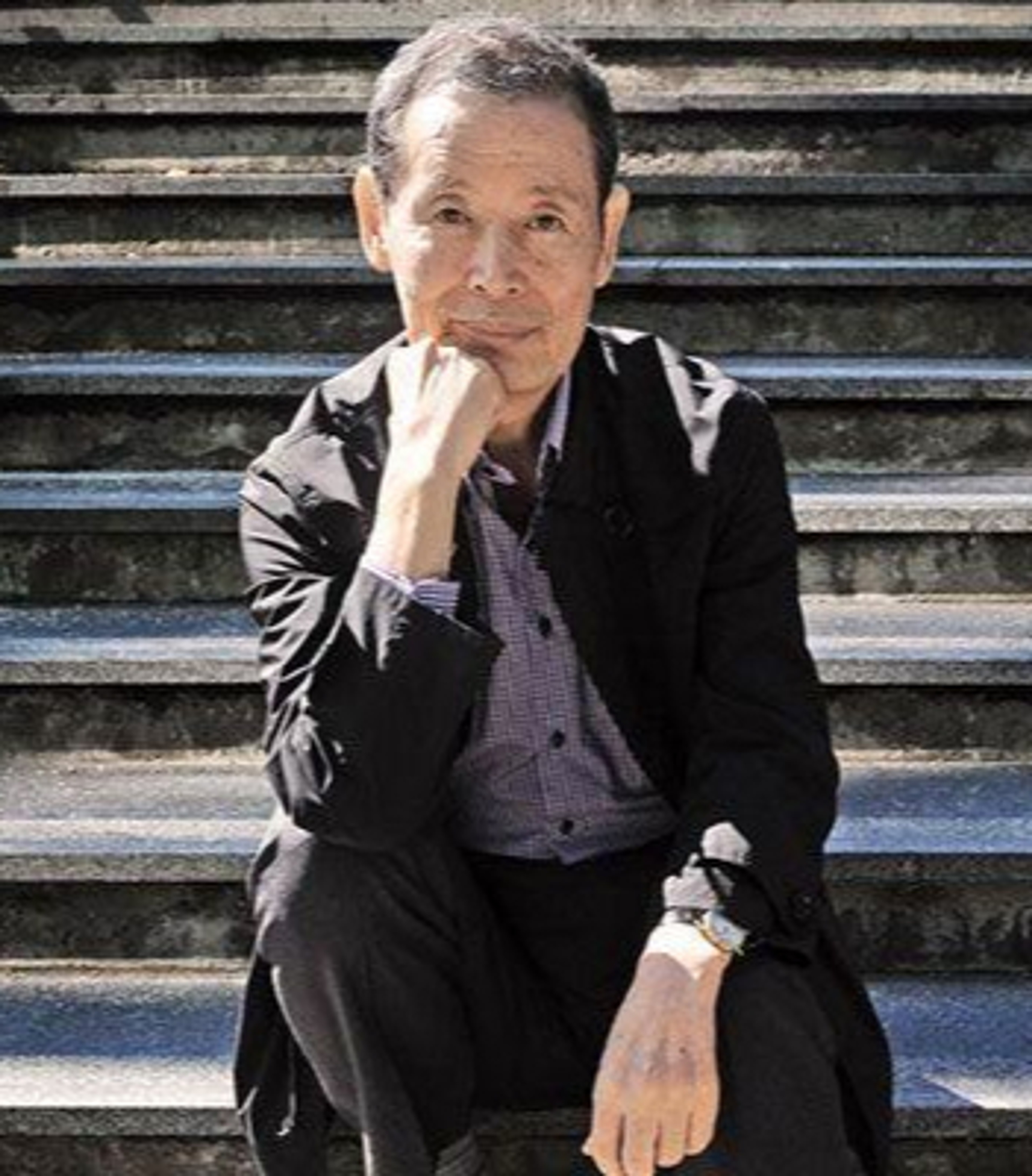Kojin Karatani

Kojin Karatani is the first Asian laureate of the Berggruen Prize for Philosophy & Culture, a rare thinker whose ideas move across philosophy, literary theory, aesthetics, linguistics, economics, and politics—East and West; past and present. The Berggruen Prize Jury has selected Karatani for his “radically original contributions to modern philosophy, the history of philosophy, and political thinking—making Karatani’s work particularly valuable in the current era of troubled global capitalism, crisis in democratic states, and resurgent but seldom self-critical nationalism.”
Initially famed for his studies of literature and aesthetics, Karatani went on to produce strikingly original work in political economy and the history of philosophy—combining literary, philosophical, political, and economic concerns in a heterodox exploration of the connections of language and number to money and aesthetics, for example, and to the simultaneous development of imperialist, capitalist, and philosophical systems. In 2003, Karatani published Transcritique: On Kant and Marx, which gained widespread recognition for his transcritical readings of both thinkers in a retelling of Immanuel Kant and Karl Marx. His account of Isonomia and the Origins of Philosophy, published in 2017, was an influential decentering of Athens as the sole source of both philosophy and democracy, with an emphasis on Ionian thought and on the implications of a different form of society. He is a prolific author of works including the recently published Powers and Modes of Exchange (2022), which is a sequel to The Structure of World History: From Modes of Production to Modes of Exchange (2014), as well as Marx: Towards the Centre of Possibility (2020), Nation and Aesthetics: On Kant and Freud (2017), History and Repetition (2011), Transcritique: On Kant and Marx (2003), Architecture as Metaphor: Language, Number, Money (1995), and Origins of Modern Japanese Literature (1980).

